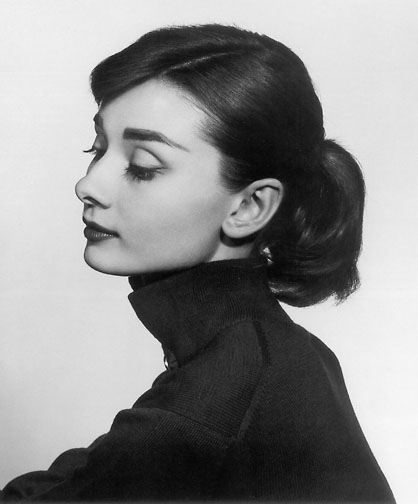From a very long time ago:
This story is not about the very controversial Palmer family. It is also not about the turbulent relationship between Mr. and Mrs. Palmer. It is not even about how Mr. Palmer left the family and ran away with a country girl. It is about the two little Palmers. One little and one, not so little. That is, Philip Palmer and Polly Palmer. Yes, it is about those two.
Our story unfolds itself not through phases of time. It really has no reason or rhyme. But our story is important for it tells the story of these 2 little lives, one little and one, not so little. Two lives which are hardly important, had it not been for their intertwining. How they occasionally made little feasts of each other is interesting, not because one did it a little more than the other, but because it tells you about swings and fairy wings, fun and guns, chocolates and dirty traits and those tiny yet incomparable things which spatter existence, with life.
The Palmer family did not live in the blue cottage of Polly Palmer's dreams. Instead, they lived in a faded rust cottage. In her imagination, Polly Palmer would often run around the house and paint it with a huge brush that danced while it painted, danced along the hem of her skirt. Once, Polly's friend Pat asked her why she dreamt of a blue cottage. You see, Pat loved his red cottage home and he couldn't understand why anyone would want a cottage that is not red and really, rust came closest to his red. If I remember correctly, Polly had said to Pat, "If only I had a blue cottage! The colour of the sky and the seas and the mountains in early winter. Why, it would seem like I lived in paradise. Paradise is blue, with white clouds to replace couches."
Mr. Palmer was a very ugly man. He was fat and he had a potbelly and he had hair sprouting out of his ears and his nostrils and hair everywhere, really. He was like a fat grizzly bear, said Mrs. Palmer. He also had a bulging eyes that went red when he got drunk, which was every night. Mr. Palmer had a fiery temper and each night that his eyes went red and bugled more than usual, he would come home and beat Mrs. Palmer with the back scratcher. In fact, he would beat her with anything that was lying around the house and when there was nothing, he would roll up the paper and when there was no paper, he would roll up his sleeves and beat her. Then he would drink some more and sleep. When morning came and the butterflies flitted around in the sunshine, Mr. Palmer would open his eyes and they would not be red. They would be smiling and all accepting and there would be a nice jolly smile on his hairy face. Mr. Palmer often said, "Morning is the best time of the day. I'm not an evil man, folks. It is just that when the sun goes to sleep and its dark all around and beautiful Mrs. Jones with the smooth round face and ample bosom offers me a mug of beer, me can't do nothing but slurp it all down. You can't call me an evil man for that, folks. Nay, it is but surrendering to the vices of night-time. But come morning with sun shining so bright and the grass so green and the flowers all colours of the rainbow, you can't do nothing then but smile and be a good man. Yes, folks. I am a good man. It’s the time that gets to me." Mrs. Palmer loved mornings too. It is when she cooked her best and dressed her best because she was not like the others. Mrs. Jones and Mrs. Baker and Mrs. Needham dressed in their fancy evening wear and slipped their arms around their husbands and carried them around like an extra accessory and partied and ate and laughed and gossiped. It was only in the daytime that Mrs. Palmer felt like she was living a good life.
Sent Items
10 years ago


Love this post. Very well written.
ReplyDeleteLove how you've put across the point that the time of day actually does affect a person.
thank you. :) amar shudhu chinta je shob gulo erom incomplete theke jachhe. it comes out in occasional bursts aar tarpor purota na likhte parle, pore aar monei thake na. :/ ki odbhut, na?
ReplyDelete三分之一的人生,可以決定另外三分之二的人生!!共勉哦!
ReplyDeletethe above comment, translated:
ReplyDeleteOne-third of life, can determine the other two thirds of life! ! Mutual encouragement Oh!
i love the way you write :)
ReplyDelete